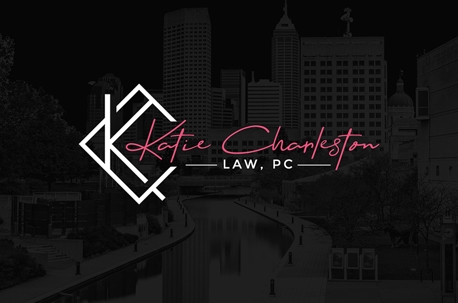With the exception of attorneys, most people don’t know what probate is until they lose a loved one.
The word “probate” comes from the Latin word provar, which means to prove something. Historically, probate was the process of proving the validity and authenticity of a written will. Today, however, the meaning of “probate” is broader and describes both a court and a process of proving a will and heirship, but also asset distribution oversight and determination of guardianship of minors.
When people refer to “probate court” they are referring to the local or county courtroom that handles probate matters as they are generally designated to a single or select few probate judges.
The process of probate can be lengthy, with many counties around the country estimating 12-15 months for completion of a probate case. The process can be expensive as well. Most states have a predetermined schedule or limit of fees for probate, but they average about 5% of the gross value of your estate.
Can I avoid probate?
It is possible to avoid probate in a few different ways. While many people believe that a written will avoids probate, it does not. All wills must be probated unless there is a qualified exemption.
Depending on the size of your estate, you may qualify for a small estate affidavit that keeps your estate out of probate court or limits probate, but in most states the qualifying amount excludes many. For example, in Indiana, the maximum qualifying estate is $50,000, while in California it is $166,250 and in Texas is $75,000. If the total gross value of your estate falls under these amounts, then you really don’t need to worry about the time and expense of probate because the process will be expedited or avoided altogether.
If you are one of the many who do not qualify for the small estate affidavit, however, then you should consider a revocable living trust to keep your estate out of probate. A revocable living trust is a trust created to transfer the title of your assets in order to avoid probate. You own the assets when you are alive and can move them in and out of the trust, but when you are gone, the trust owns the assets and they are distributed according to your instruction in the trust. Having the trust own the assets at your death removes the State’s involvement and saves your loved ones the time, expense, and stress of probate.
Can’t I just use Pay On Death transfers?
While using a pay-on-death account or deed is a great thing to do if you don’t have a trust, it leaves many assets that cannot be put in a trust exposed to probate. For example, if you have personal property such as an art collection, substantial jewelry, or guns, these items will go through probate if they exceed the maximum allowed for the small estate affidavit.
POD accounts and deeds also must be regularly updated to stay current with your situation and wishes. For example, if you have named a beneficiary on your POD deed or account that then passes away before you, the account or deed will need to be changed to another beneficiary or this asset will go through probate. Whereas if you have a revocable living trust, alternate and contingent beneficiaries are named preventing this probate exposure.
To determine whether you or a loved one will need to go through probate, you should contact an attorney for a consultation. We offer both estate planning and probate services.
Request Consultation
The post What is Probate? appeared first on Katie Charleston Law, PC.

